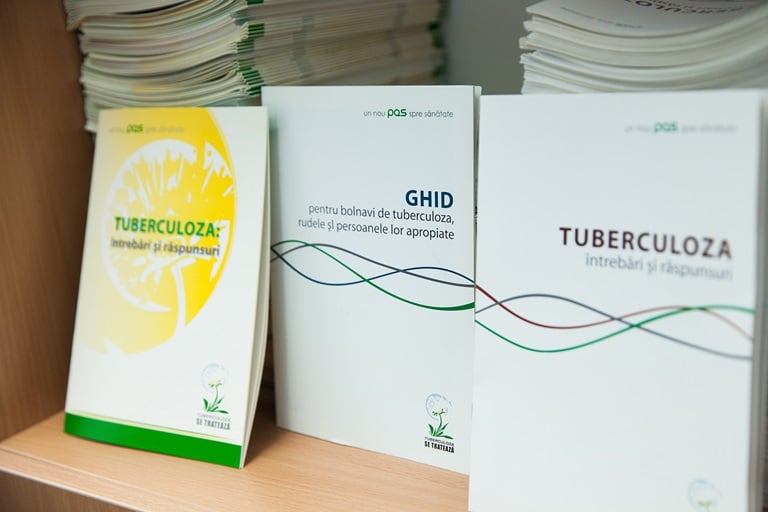WHO European Office for Investment for Health and Development Biennial report 2018–2019 (2020)
.tmb-479v.png?sfvrsn=e5c96dd8_1)
Overview
During the two years covered by this report, the Venice Office focused its efforts on five interrelated policy challenges:
- demonstrating the economic and social impact of health systems;
- building capacity and partnerships for action on the social determinants of health across the life course;
- strengthening knowledge exchange and innovating in approaches between subnational authorities to meet the health needs of their regional populations;
- advocating for and supporting the voices and approaches of small countries;
- connecting policy-makers with solutions to reduce health inequities.
Through this work, the Office has strengthened the evidence base with which to challenge narratives that present investment in health as solely a cost, or that block effective actions needed to close avoidable gaps in health. Examples include underestimating the key role that health and health systems play in driving sustainable development and inclusive growth, and doubting the extent of public appetite for more equitable societies.






